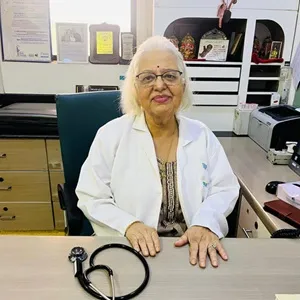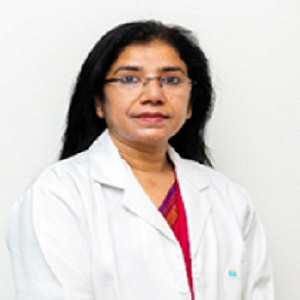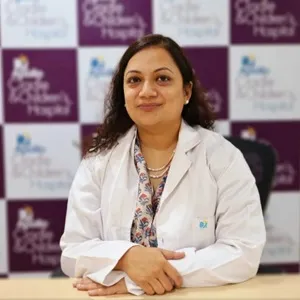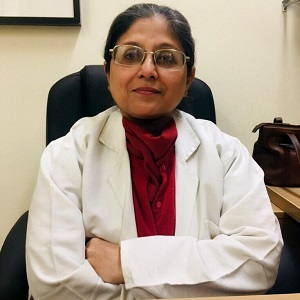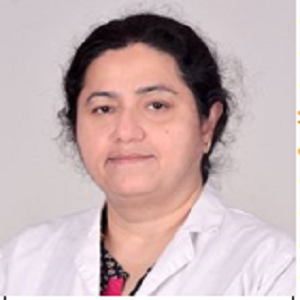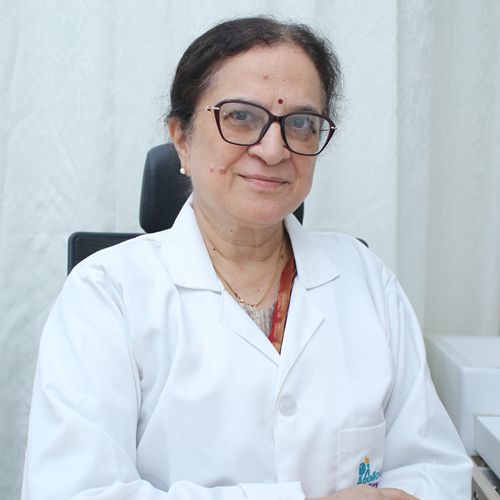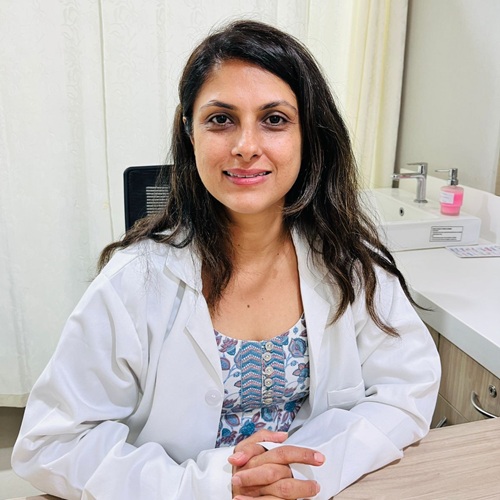Menopause is a natural life stage for women, but it can present numerous challenges. As women age, they may experience physical and emotional changes that can be disruptive to everyday life. Hormonal imbalances can cause hot flashes, night sweats, and other uncomfortable symptoms. It's not uncommon for women to also experience depression or anxiety during this time. Although it may be difficult to adjust to these changes, there are ways to manage the symptoms of menopause and enjoy a good quality of life.
What are menopause issues?
Menopause is a natural biological process that marks the end of a woman's reproductive years. It happens when the ovaries stop making hormones that control menstruation, like oestrogen and progesterone. As a result, women may experience physical and emotional changes such as hot flashes, night sweats, vaginal dryness, irregular periods, insomnia, mood swings, and difficulty concentrating. They may also be at increased risk for health conditions like heart disease and osteoporosis. Treatment options can help manage menopause symptoms and reduce associated risks.
What are the causes behind menopause issues?
Problems with menopause are caused by the natural drop in hormones that comes with getting older. As a woman gets into her late 40s and early 50s, her ovaries make less oestrogen, progesterone, and testosterone. This can cause irregular periods, hot flashes, night sweats, insomnia, vaginal dryness, mood swings, and lower libido. These hormonal imbalances can cause other health issues, such as bone loss (osteoporosis) and an increased risk of cardiovascular disease. Additionally, menopause can affect urinary health due to lower levels of oestrogen that can weaken the muscles in the bladder.
What are the symptoms of menopause issues?
Menopause issues include:
- Physical symptoms:
- Hot flashes
- Night sweats
- Difficulty sleeping
- Vaginal dryness
- Hair loss or thinning
- Fatigue
- Joint pain and stiffness
- Changes in cholesterol levels
- increase in abdominal fat
Mental symptoms:
- Mood swings
- Anxiety and depression
- Memory problems and foggy thinking
- Decreased libido
When should one see a doctor for menopause issues?
If a woman experiences sudden hot flashes, night sweats, vaginal dryness, or irregular periods, she should see her doctor as soon as possible. The doctor can determine if the symptoms are related to menopause and offer treatment options like hormone therapy or medications that reduce hot flashes and other symptoms. A doctor may also suggest changes to your lifestyle, like quitting smoking, eating well, and getting regular exercise. Women should also be aware of potential complications associated with menopause, such as weakened bones, heart disease, and depression. Seeing a doctor for any menopausal issues is important for preventing future health problems.
What are the risk factors for menopause issues?
- Age is the most important risk factor for menopause issues, which typically occur in women in their late 40s or early 50s.
- Other risk factors include smoking, obesity, and family history.
- Heavy alcohol consumption may lead to an earlier onset of menopause, while an unhealthy diet can increase the severity of symptoms.
- Stress can speed up the start of menopause, and not exercising enough can make bones less dense and increase the risk of osteoporosis.
- Osteoporosis is a common side effect of menopause.
- If a woman goes through menopause early because of surgery or other medical treatments, her symptoms may be worse.
Conclusion
Menopause is a natural process that all women go through, but it can hurt their physical and mental health in a lot of ways. The best way to manage these issues is by planning for menopause and taking steps to reduce its impact before it begins. This includes lifestyle changes such as regular exercise and healthy eating, as well as hormone therapy when necessary. With the right plan in place, menopausal women can remain healthy during this transition period and beyond. By taking proactive steps now, women can make the most of their post-menopausal years.
Request an appointment at Apollo Cradle, DELHI-NCR - Chirag Enclave. Call 1860-500-4424 to book an appointment.
Menopause is the natural end of a woman's reproductive cycle. It usually happens between the ages of 45 and 55.
Eating a balanced diet with plenty of fruits, vegetables, and whole grains; exercising regularly; and avoiding smoking can help reduce your risk of developing menopause-related health issues.
HRT is effective in treating some of the symptoms of menopause, but it also carries risks, such as an increased risk of stroke and heart attack. It is important to speak to your doctor before starting any kind of HRT.
Yes. Menopause marks the end of a woman's reproductive cycle, and she will no longer be able to conceive naturally after this point.
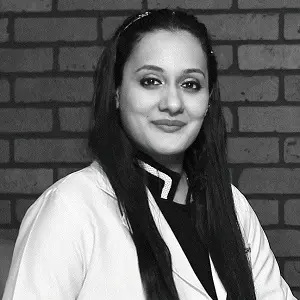
 95% Patient Satisfaction Score
95% Patient Satisfaction Score




.webp)

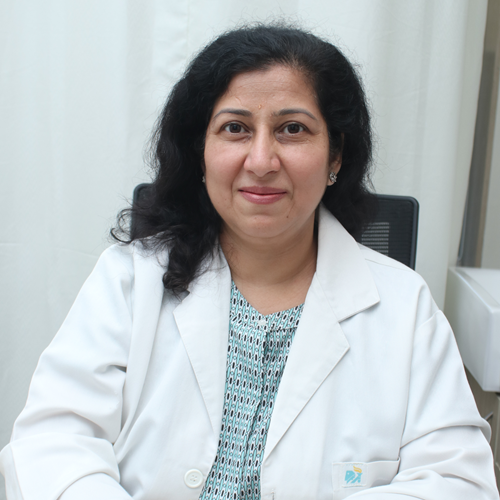
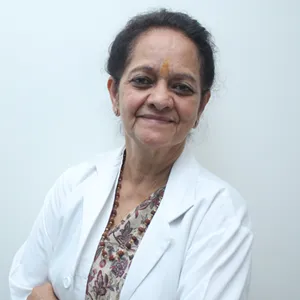

.webp)

